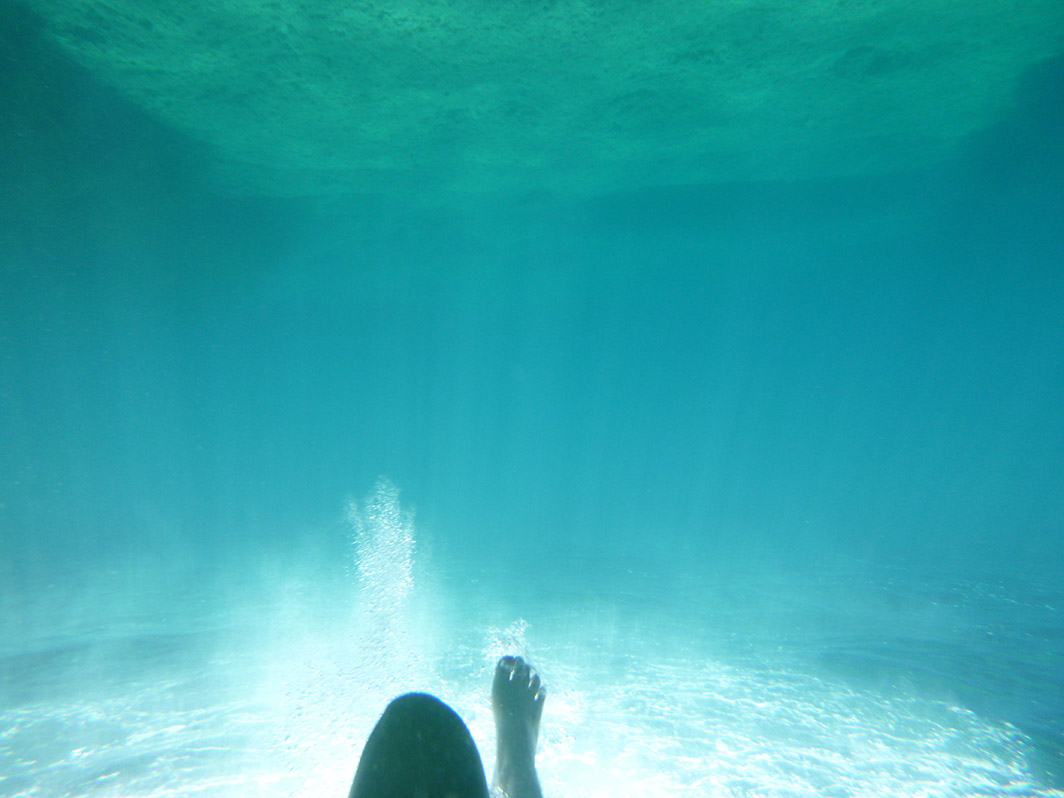Guardian of nature

Who can advocate for river? How to articulate a sense of jurisprudence as a steward? How to practice the laws for equitable, reciprocal and balanced relationships with the more than human world? How to generate local empowerment as guardians of nature within our community ?
This proposal, is an outcome of a research inspired and shaped by conversations with victims of environmental crimes, nature-protectors, activists, environmental lawyers, restorative justice experts and spiritual leaders. Amongst them, Sarayaku community (EQ), UDAPT(EQ), Lakota Sioux Standing Rock (US).
The following, is a utopian legal toolbox that try to recognise the possibility of becoming a guardian that perceives “the inseparability” and interconnectedness as having equal rights, being humans, mountains, rivers, seas, forest, animals( …)
1 Custodianship is living from a place of reciprocity and equality with ecosystems community human or non-human therefore a guardian should be able to articulate a relational jurisprudence, and formulate arguments to defend laws for equitable, reciprocal and balanced relationships with non-humans.
2 In order to defend a specific non-human in court, a guardian should have a history with the given non-human victim, to have a cultural and historical background of specific places – honoring its spirit and traditions.
3 Non-humans have its own spirit and life force, and it calls to be carefully maintained so as not to diminish or loose that spirit, therefore a guardian should have an animistic relationship in order to protect the cosmology of a non-human by not allowing any type of violation of its spirits.
4 Non-human beings such as rivers, mountains, oceans (...) should be considered as an indivisible whole, therefore it is the interests of the whole body – not just the part in front of your house – so there should be a duty to uphold, a preventive strategy to address the whole. For instance, if your land is being contaminated it will disrupt the whole system- this violation should be seen as a crime to one indivisible entity.
5 A guardian rejects the notion that nature is human property. If there are any territorial rights in relation to a specific non-human it is in “the heart of humans", with no ownership.
6 Active role of a guardian can be the dissemination of petitions to the parliament, formulation of violation reports to national and international commissions by filing a case in Tribunal against the inducer of the crime and violation.
7 It is important to have side by side an environmental lawyer with expertise on earth jurisprudence.
a guardian should be able to prove the health and wellbeing of non-human as intrinsically connected with the health of people, not only holistically but also scientifically, by collecting health reports, providing samples on toxicity and pollution levels on water/soil/ plants/ animals/humans.
8 To uphold and protect the “interests” of a non-human, an official guardian should be established and credited by legislation and accepted by local communities. A guardian should share its concerns with the community, feel supported, and help the affected victims.
9 In order to “support the health and wellbeing” of a non-human, a restorative approach should be accessed within the community, in finding ways to restore the damage which has been caused and not being accountable by the perpetrator. In most of the cases, companies are not being persecuted, and "punishment" sentences to restore are not being applied. In this case, a guardian should find ways, to restore the land, using recovery methodologies such as mycoremediation and phytoremediation.
Restoring means also to take care of your community with health care, with treatment centers and healing programs for environmental victims/refugees, informative sessions about environmental crime, supporting and constructive guidance from environmental councils.
10 Normally negotiations with authorities contain an extensive list of lobbying, including the ability to make binding laws and to grant activity permits to corporations. Those permissions are not following jurisprudence, and are disturbing, killing, extracting the ecosystem, so these permits should be questioned and reviewed, even if there is no environmental legislation in your country.
11 Working in coalition: on environmental restoration projects, on social practices and policies towards international and inter-generational climate justice, in creating and sustaining spaces and practices of inter-species moral repair.
12 A guardian might be interested in inspiring earth ethics, environmental education, Indigenous knowledge systems, environmental psychology, deep ecology, arts, environmental law, science, wholistic business.